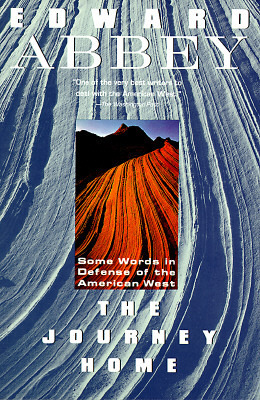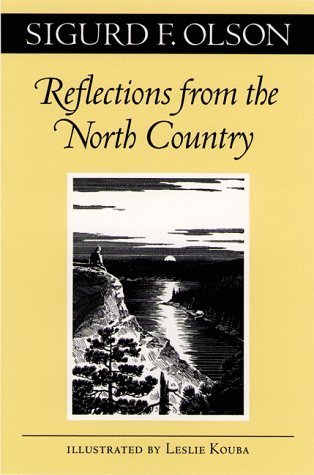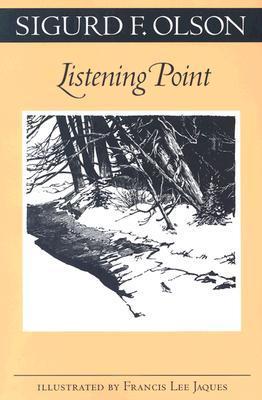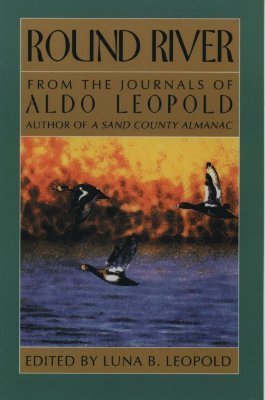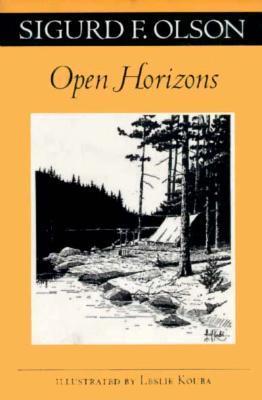
A Sand County Almanac and Sketches Here and There
Book Description
Nature's symphony plays on the pages of 'A Sand County Almanac,' a vivid exploration of the American landscape where every season pulses with life and beauty. Aldo Leopold's lyrical prose paints a hauntingly beautiful portrait of the interconnectedness of ecosystems and humanity's role within them. As the seasons change, so do the lessons learned—each sketch brimming with profound insights into conservation, ethics, and the sacred bond between people and the land. Discover the urgency of protecting our natural world and the soul-stirring call to stewardship. What happens when we begin to see ourselves as part of nature, rather than apart from it?
Quick Book Summary
Aldo Leopold’s "A Sand County Almanac and Sketches Here and There" is a foundational work in environmental literature, blending natural observation, philosophy, and advocacy. Through a year of reflections on his Wisconsin farm and journeys beyond, Leopold explores the richness and resilience of the land, urging readers to appreciate and protect nature's complexity. He articulates the concept of a "land ethic," arguing that people are not separate from nature but are part of a biotic community. Leopold’s prose is lyrical yet urgent, appealing for a transformation in humanity’s relationship to the environment—a shift from exploitation to stewardship. The book remains a touchstone for ecological awareness and ethical land use, inspiring generations to see themselves as caretakers of the natural world.
Summary of Key Ideas
Table of Contents
The Interconnectedness of Ecosystems
Leopold’s book unfolds as an almanac, tracking the changing seasons on his Wisconsin farm with acute attention to the intricate details of wildlife and landscape. Each monthly essay captures observations of plants, animals, and natural cycles, weaving personal anecdote with scientific insight. These sketches highlight the interconnectedness of all living things, demonstrating how even the smallest actions reverberate through the ecosystem. Leopold’s gentle prose installs a sense of wonder and respect for the complexity and balance inherent in the natural world.
The Land Ethic and Environmental Responsibility
Beyond observation, Leopold develops his seminal idea: the land ethic. He argues for an ethical relationship between humans and their environment, challenging the prevailing notion that land is a commodity for exploitation. Instead, he envisions it as a community to which humans belong, advocating for a morality that extends beyond people to all elements of the natural world. This philosophical cornerstone is a clarion call for conservation, rooted in humility and ethical responsibility.
Appreciating Nature’s Subtle Beauty
Leopold’s writing invites readers to notice and cherish nature’s subtleties—the quiet beauty of a thawing January river, the dances of prairie birds, the steadfastness of ancient oaks. In doing so, he cultivates an appreciation for what is often overlooked or undervalued. His capacity to find poetry and insight in everyday encounters with wildlife encourages a deeper, more attentive engagement with the environment, illuminating the extraordinary in the ordinary.
Human Impact and Conservation
Leopold is sharply aware of humanity’s capacity to disrupt ecosystems and diminish the natural world. He critiques shortsighted land use, overhunting, and the disregard for ecological complexity that threaten the fabric of life. Yet, he also celebrates successful conservation efforts and glimpses hope in the possibility of change. Through evocative stories and reflections, Leopold urges readers to recognize their own impact—and to act deliberately to preserve the richness of the land for future generations.
Seasonal Rhythms and the Passage of Time
The passage of seasons provides both a structure and a metaphor for change, resilience, and renewal within the book. Leopold’s cyclical journey through the months underscores how humans are inextricably bound to the rhythms of nature. This temporal perspective reinforces the importance of patience, observation, and long-term thinking in understanding and stewarding our world. Ultimately, "A Sand County Almanac" is both a meditation and a manifesto, inviting readers to reconsider their place within the tapestry of life and respond with reverence and responsibility.
Download This Summary
Get a free PDF of this summary instantly — no email required.
